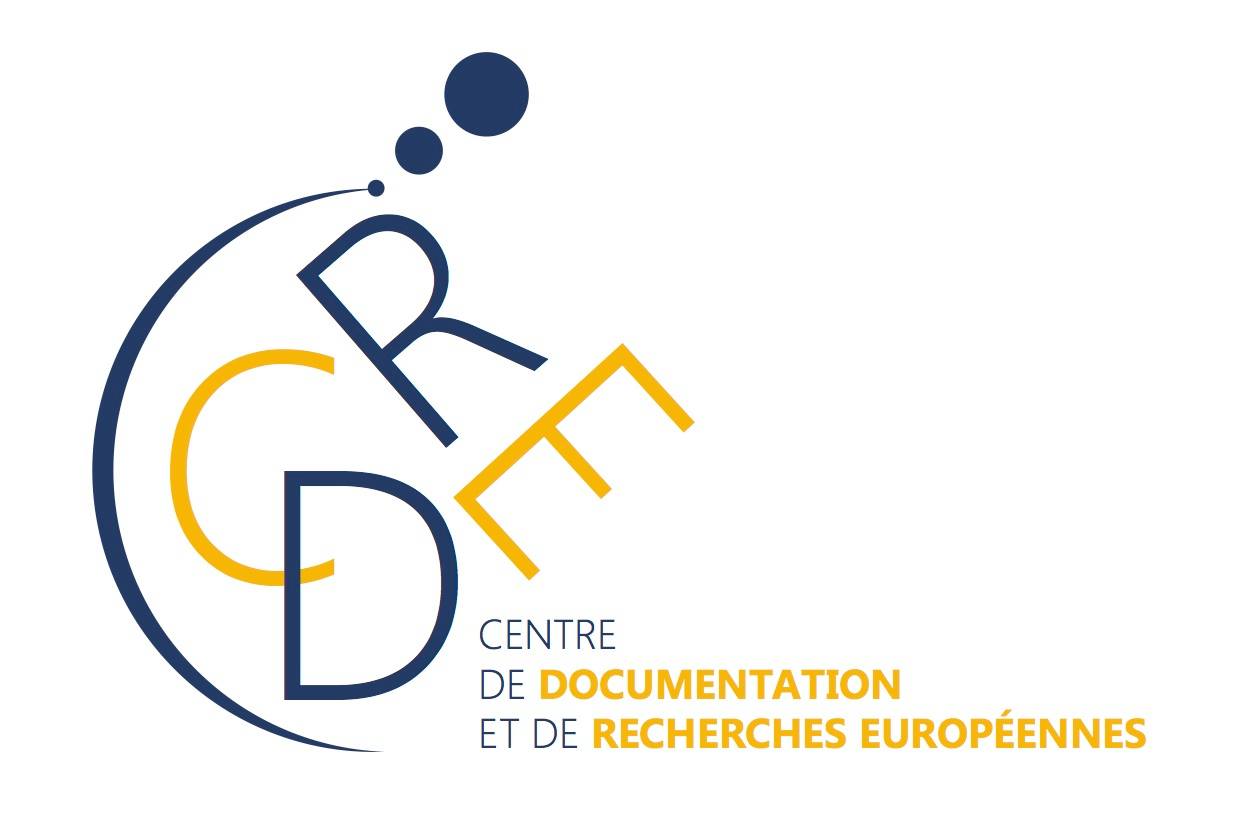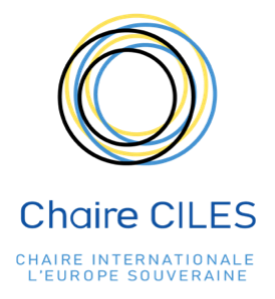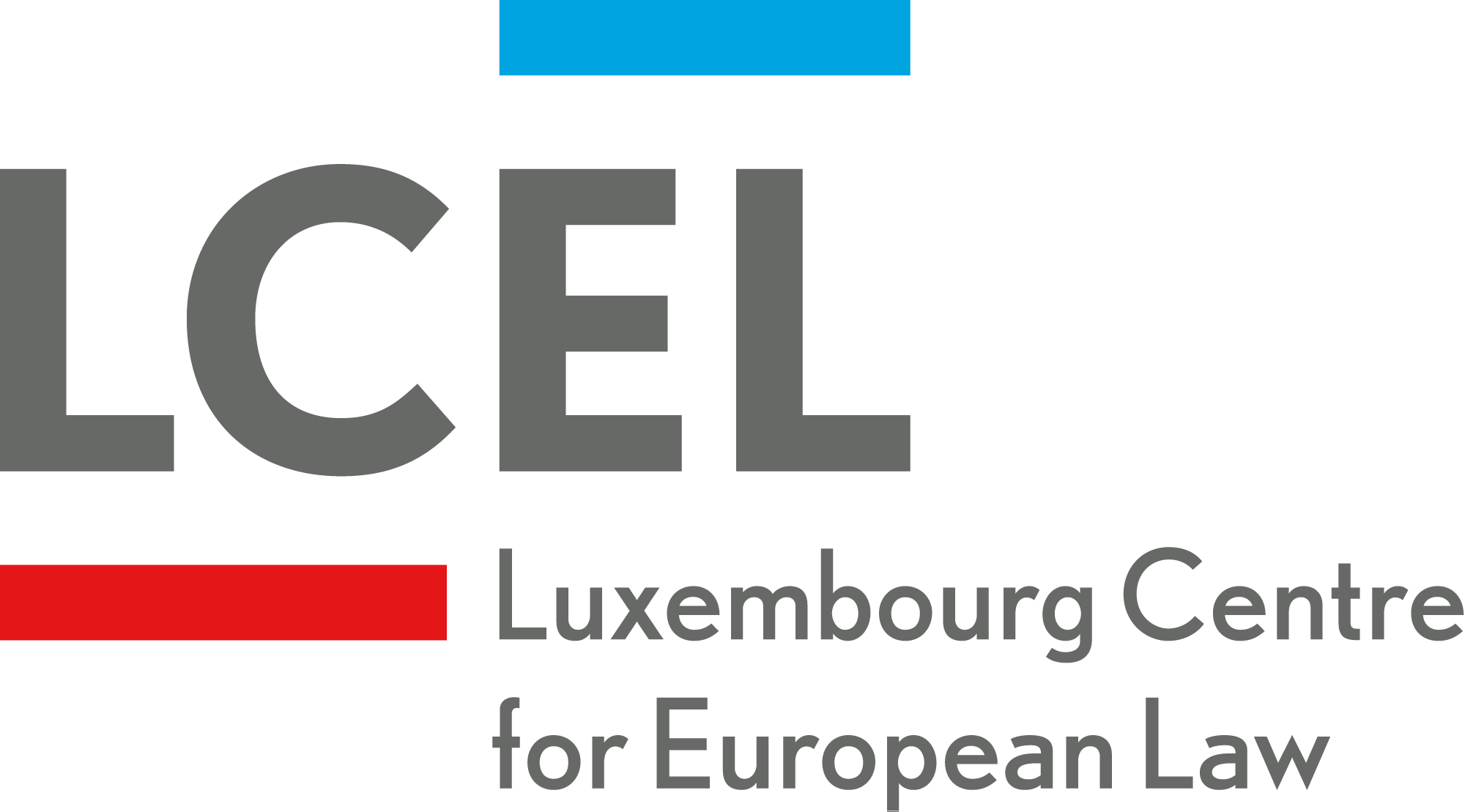“The European Republic” – utopia, political project, imperative necessity?
Prospects for the further development of the European Union in the face of threats to democracy and the rule of law
In the context of the “Chaire Internationale sur l’Europe Souveraine” (CILES), supported by the Université de Pau et des Pays de l’Adour (UPPA) and the Faculty of Law, Economics and Finance – University of Luxembourg (UL), in partnership with the Luxembourg Centre for European Law (LCEL) – University of Luxembourg, a new edition of doctoral workshops will be held on 22 and 23 September 2025 in Luxembourg.
Topic
The selected topic is “The European Republic”- Utopia, political project, necessity?” and the thematic workshops will be led by Professors Stefan Braum (UL), Elisabeth Zoller (Université Panthéon-Assas) Jean-Sylvestre Bergé (Université de la Côte d’Azur), Olivier Dubos (Université de Bordeaux), Géraldine Bachoué (UPPA) and Takis Tridimas (LCEL).
About
Crisis is the most frequently used word when it comes to describing the political and normative problems of the European Union. The perception of the present as crisis-ridden goes hand in hand with everyone’s feeling of loss of control. Globalisation means that the world is becoming more complex and unmanageable. Politics, society and each individual feel robbed of their ability to master life and its challenges. Globalised society and its subsystems are confronted with a loss of control.
Numerous examples demonstrate this loss, which also calls into question the European Union’s ability to act politically:
- The European legal framework for migration has eroded and given way to an ad-hoc policy of so-called influx limitation, driven primarily by the executive of the member states.
- The European single market, the European financial and capital markets, are not considered economically strong enough to compete geopolitically with the United States and China.
- In the area of digitalisation and artificial intelligence, there are calls for deregulation – in line with new trends in the United States – which may be in line with economic interests, especially in the platform economy, but poses major risks for democracy, the rule of law and fundamental rights.
- The external security of the European Union and its member states, both in terms of its military capabilities and with regard to European cyberspace, appears to be fragile and lacking in coherence.
- Supply chains for energy, raw materials and food are considered vulnerable in view of international interdependence
- The European Union’s efforts to protect the climate (“Green Deal”) are exposed to national and international forces that increasingly tend to favour traditional economic interests over protecting the earth’s ecological balance.
The resulting deficits in political capacity to act are perceived as a problem of a lack of European sovereignty. On the one hand, this has led to attempts to strengthen the institutions of the European Union in order to create something akin to European sovereignty. On the other hand, the opposite approach seems to be more effective, namely to weaken Europe in the face of the supposed or perceived loss of control and to return to a nation-state, even nationalist policy. This reflex of returning to national tribalism explains the rise of right-wing populist forces throughout Europe and has long since posed a serious threat to the democratic rule of law in Europe, and indeed to the existence of the European Union as such.
In this doctoral seminar, we not only want to rationally analyse the crises in question from different angles (law, political and social science), but also develop perspectives that point beyond the existing policy designs of European institutions. In the medium term, the first question is what institutional and legal reforms are necessary to strengthen the European Union’s political capacity to act. But: isn’t it time for a bold “move”? Is the answer to the crisis not less, but much more Europe? In defence of democracy and the rule of law within and outside the European Union, is it not time for a renaissance of the European Union and a reform of the treaties to enable a sovereign Europe in a constitutional sense? Would a “European Republic” be a distant utopia or rather an actual necessity, necessary to save European democracy from the encroachments of authoritarian power?
The interdisciplinary seminar is intended to have an active workshop character. After a theoretical introduction, the doctoral students will develop their own ideas on the future of a sovereign Europe in several working groups under the guidance of senior researchers and professors. At the end of an intensive two-day exchange, the working groups will present their results, which will then be developed into scientific articles and published in a peer-reviewed journal. Doctoral students’ contributions will be published in KritV | CritQ | Rcrit (Quarterly critical review of jurisprudence and legislation), NOMOS edition.
Submission procedure
Please send your application including your CV, your research project and a one-page outline on your thoughts about the future of the EU to Maitena Poelemans (maitena.poelemans@univ-pau.fr) or Stefan Braum (stefan.BRAUM@uni.lu) by 10 May 2025.
Expenses covered
The University of Luxembourg will be covering meals and the on-site organization for both days of the workshop. Travel and accommodation costs are to be covered by the doctoral candidates or their research centers or the respective doctoral schools.
Conference organisers and contacts
In collaboration with




